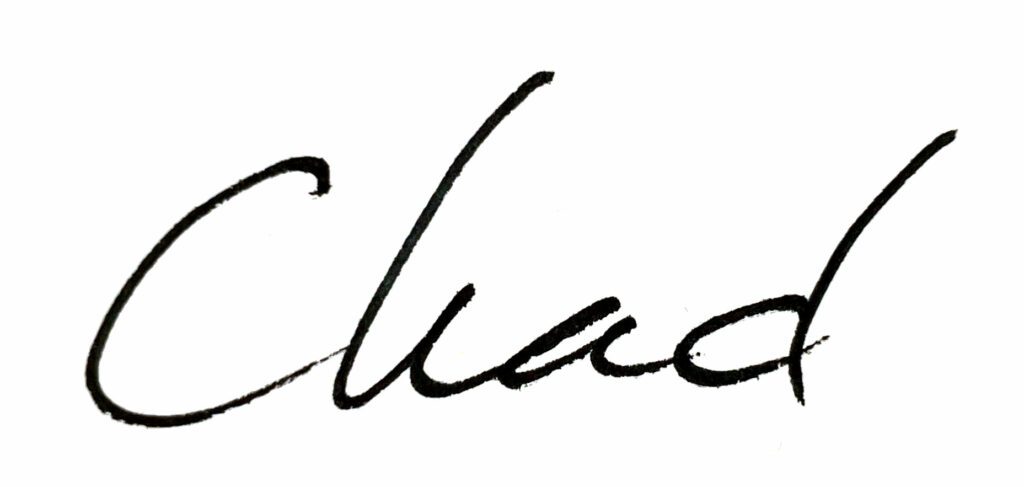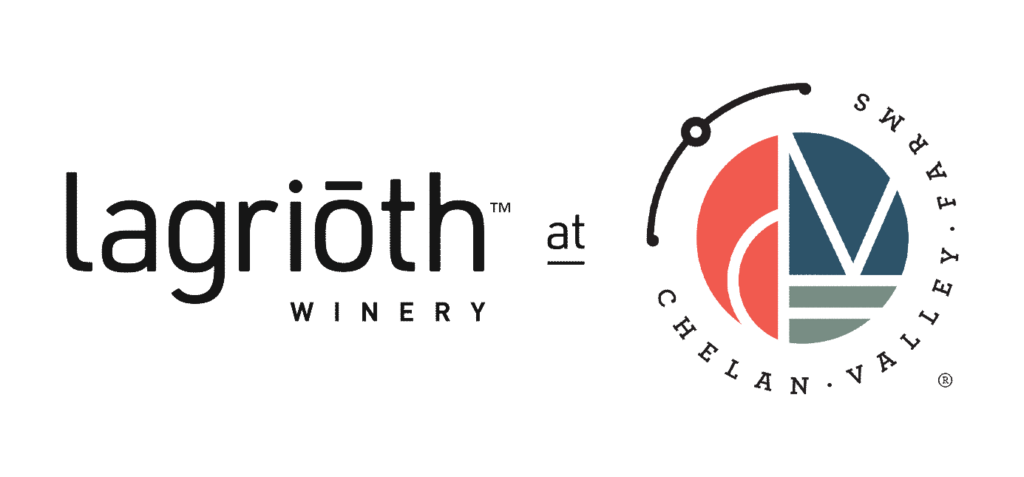Understanding where the grapes were grown in a wine bottle is important. Most the time a wine label with Estate on it is special. This weeks blog goes a bit deeper.
by Chad Steiner
Is it confusing or kind of a grey area to know what the meaning of “estate” is on a wine bottle? In its simplest form, “Estate” wine implies the grapes were grown “by” the wine producer on their land or maybe leased land. You likely have great plans for the bottle you’re searching for. It would be important to know if in fact it is “Estate” and does that make it more special? No doubt, Estate wines are more special. Most of what goes onto a wine label is regulated by the TTB (Alcohol and Tobacco, Tax and Trade Bureau). Because the wine label is federally regulated – this should provide peace of mind about the integrity of the label contents. But, there needs to be clarity on exactly “what” is regulated. From the bit of homework I did to create this blog for you all – lets break this into three categories – 1. Estate, 2. Estate Grown, 3. Estate Bottled. What I’d like to do is put more definition into these, then leave you with some “Pro Tips” and examples. Totally worth it to help increase the odds of a great wine find.
For simplicity purposes I’m going to group “Estate” and “Estate Grown” together. They both appear to be regulated very little by TTB. Therefore, I feel like this is where there could be “grey” area. After all, you’re just trying to find a special bottle right. And including the word “Estate” does likely mean it’s more special if it means the labeled wine producer grew the grapes. It’s likely someone growing the grapes and making the wine from them has more control and much more oversight. “Estate” and “Estate Grown” could be used in the context of a name. For example “Estate Chardonnay” or it could be listed somewhere on the label “Estate Grown”. In both these examples, the way I understand it, TTB does not regulate what is going into the bottle. You could be thinking, man, this doesn’t help my decision-making process on a bottle of wine. In other words, it’s possible the grapes in this bottle came from a grower different than the wine maker/winery – YEP. So what…? Well, in your quest for wines at a wine shop or new winery – I would do two things, either ask more questions or read the label to see if there is more detail. I’d also like to throw in, even though these two terms aren’t regulated, doesn’t mean they’re not totally Estate grapes. Lagriōth Estate wines are made with our estate grapes. Pro Tip: the more specific the geography on the label, the more special. Think big to small geography. Example: “Washington State”, to “Columbia Valley” to “Lake Chelan AVA” to “Chasing Crows Vineyard”. Down to the vineyard is about as specific as you can get.
“Estate Bottled” is much more regulated by the TTB. In this case 100% of the grapes have to be grown by the wine maker/producer. It’s even as specific as the wine never leaving their property. This paints a picture of an iconic producer working the land, bringing in the harvest and then toiling over these grapes as they flow into wine… beautiful. And rightfully so. Before the age of modern transportation it would have been impractical to have the grapes very far from the winery. Does this start to characterize the beauty of “Estate”, and in this specific case “Estate Bottled”?
Whichever term is used to characterize “Estate” wine, there’s likely a level of “special” connected to the bottle! Just keep in mind, “Estate Bottled” is much more regulated than “Estate” or “Estate Grown”. But I do have to say, some of this was a learning for me. So I want to make it very clear, producers aren’t trying to mislead any of us consumers in choosing which of these terms to use. In the case of our wines, we love how “Estate Grown” sounds vs. “Estate Bottled”. I think it’s appropriate to finish with some pro tips and shout outs to some of the Estate wineries in our Valley. Hopefully this helped clarify. If not, please help me help you by asking questions.
Pro Tip: refer to the one above on geography. Wine is about place. The more specific the place, the more special the wine. This likely also means a more expensive bottle. One simple reason – hand picking vs. machine picking.
Pro Tip: remember to value the experts at your local wine shop. Places like Leschi Market in Seattle or The Wine Shed in Winthrop or Good Spirits in Wenatchee or Ernie’s Quality Meats and Wine in Moses Lake or Hedge and Vine in Bellevue or Vie and Vin in Edmonds and many more. These folks can steer you in the right direction – in many cases they know the producers personally.
Pro Tip: See if you can find a website or social media site for the producer. This might tell part of the story and be a great way to get more info..
Pro Tip: Line up a bunch of wines that are Estate, Estate Grown or Estate Bottled and taste them all – go for it, 5 + will make for a wonderful comparison. It’s great when many of the components are the same, such as vintage, varietal and specific to the vineyard or AVA (American Viticultural Area).
Examples of our wines:
- Estate Chardonnay (on the label) and it indicates “Estate Grown”. This wine is made from 100% of our Estate grown Chardonnay.
- Estate Pinot Noir. This wine indicates “Estate Grown”. This wine is made from 100% of our Estate grown Pinot Noir.
Other examples of wineries in the Lake Chelan Valley (this is top of mind, so I apologize if I miss any and would be happy to add them). These wineries either have some estate wines or could possibly be 100% Estate focused. Either way, ask them which wines their making that they grow the grapes.
- Hard Row to Hoe
- Amos Rome
- Tildio
- Tipsy Canyon
- Lake Chelan Winery
- Benson
- Cairdeas
- Navarre Coulee (just outside the AVA)
- Rocky Pond
- Vin du Lac
- Mellisoni
- Tsillan Cellars
- Fielding Hills
- Nefarious
Lastly, I’ll leave you with a few articles on Estate wines. These did a great job articulating what I describe above.
https://www.foodandwine.com/what-is-an-estate-wine-8410962
Have a great Weekend Everyone!





That is some good in between the lines, ty.
Right… some of the nuances worth talking about. Thanks for the comment!